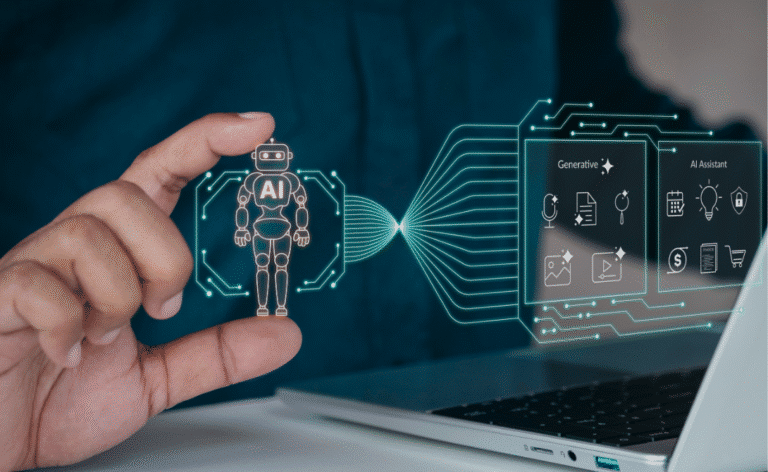
E-Invoicing for all formats, systems and directions.
Receive, process and send invoices — 100% automated, fully ERP-integrated and legally compliant. Whether SAP, OpenText VIM or other systems: fast integration with maximum cost savings.
Invoice processes — integrated, interoperable, future-proof
In many companies, e-Invoicing processes are characterised by manual checks, a variety of formats and complex specifications. Our solution automates the entire digital invoice lifecycle, from invoice receipt to structured outgoing invoices in the B2B and B2G environment, including barrier-free B2C formats.
Incoming invoices are captured directly, validated and transferred to SAP or OpenText VIM. Outgoing invoices are created automatically in the ERP, signed and sent via platforms such as Peppol or KSeF — compliant with XRechnung, ZUGFeRD and future ViDA requirements.
Our platform is multi-client capable, modular and interoperable and can be integrated with third-party and partner systems as well as national and international standards. This results in scalable, audit-proof processes, prepared for the E-Invoicing Act and the Accessibility Improvement Act (BFSG).
Technology for e-Invoicing & Invoice Automation – format-strong, ERP-integrated, legally compliant.
- Format conversion for XRechnung, ZUGFeRD, FatturaPA, PEPPOL BIS, EDIFACT, cXML (SAP Ariba), ebInterface
- IDoc — inbound & outbound incl. EDI & API management
- Automatic invoice dispatch & receipt with attachment processing incl. allocation
- Validation & rule-based processing — configurable by market, customer and target platform
- ERP connection via API, EDI, IDoc, incl. SAP S/4HANA & third-party applications
- Support level 1-3, from interface to monitoring & operation
- Flexible integration of third-party & partner systems e.g. DMS, e-procurement, CRM & more
- Monitoring, error handling & automated escalation management
- Operation on a certified platform with GoBD-compliant archiving

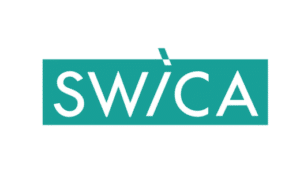
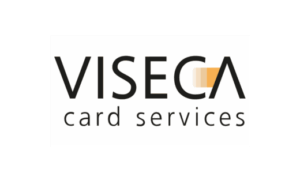
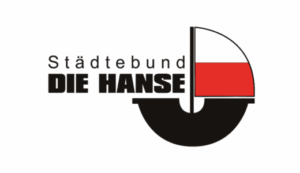
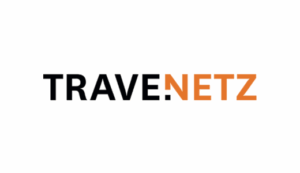

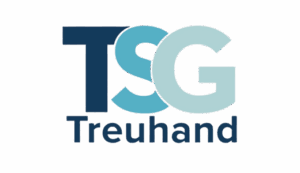
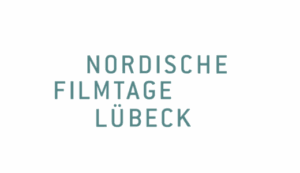
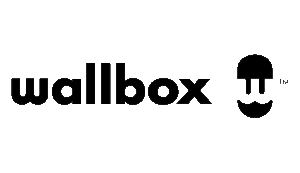
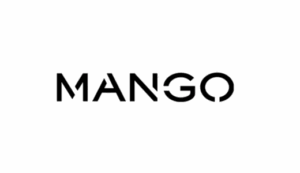

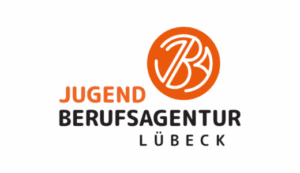


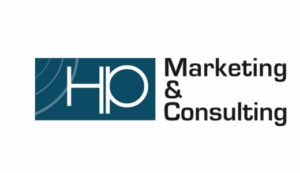
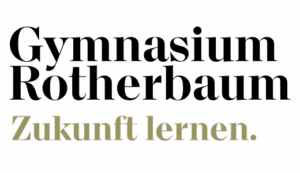
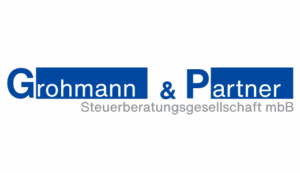

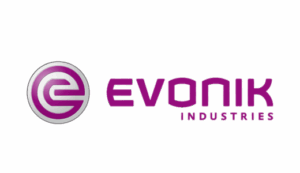


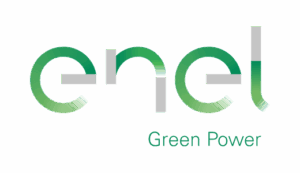
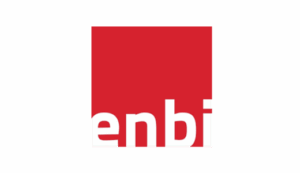
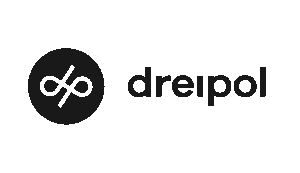
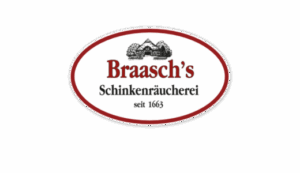
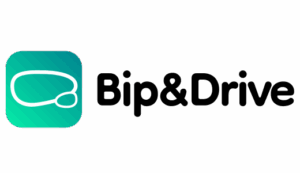

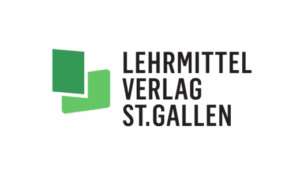

What are the specific benefits?
Lower process costs, end-to-end automation, structured formats, legally compliant processes.
How we support you.
With structured e-billing, you can achieve practice and compliance readiness in 90 days. Our solution automates the entire invoicing process from receipt to dispatch.
You reduce process costs and fulfil national and European requirements, including eCH-0059, EN 16931, ViDA and the Accessibility Act. We integrate seamlessly into SAP, Microsoft, OpenText and other systems — for legally compliant B2G, B2B and barrier-free B2C processes.
We handle the end-to-end automation of both incoming and outgoing invoices, including all supporting documents. Consolidated invoices with line-item references and attachments – such as delivery notes or service confirmations – are processed reliably down to item level. Interfaces to ERP, archiving, and workflow systems are seamlessly integrated. Hybrid formats (e.g. PDF + XML) are also supported.
Whether ZUGFeRD, XRechnung, PEPPOL BIS or international formats, we automatically convert invoice data into the required target format. ViDA requirements (VAT in the Digital Age) for EU-wide data exchange are taken into account and supported.
Mandatory for many companies from 2025: Accessibility in communication with consumers. Our Customer Communication Centre adds accessible PDF/UA formats to your invoices - fully automated, legally compliant and audit-proof.
Before dispatch, we check invoices for correctness of form and content (e.g. XRechnung validator, UBL checks). Optional: digital signature, check log and status feedback directly into the ERP or your platform.
We are open to systems. Whether SAP ECC, S/4HANA, Microsoft Dynamics or in-house developments - the connection is made via standardised APIs, file interfaces, message queues or sFTP processes - cloud-based.
Your documents are archived in accordance with GoBD, AO and country-specific regulations - on request with a connection to your DMS, a certified long-term archive or a specialised provider such as in Italy.
Every invoice is visible in the process flow. Status, errors, response times - everything at a glance. Exportable reports for controlling, audit and specialist departments included.
Reduce manual activities, avoid errors and speed up throughput times - our platform helps you to significantly reduce process costs and ensure compliance at the same time.
Your IT Transformation starts here.
Let’s talk about your goals.
Utilise the potential of digital invoice processing with scalable e-Invoicing. We support you in implementing automated incoming and outgoing processes – with format conversion, ERP integration and legally compliant delivery across all channels.
Dive deeper into the topic.
Explore further resources.
Customer Story: DB Schenker
We have implemented a digital invoicing platform for DB Schenker – for scalable, legally compliant document exchange.
E-invoicing obligation 2025: What has changed so far?
In 2024, mandatory e-Invoicing was still a dream of the future. Where do companies stand today – and what challenges remain?
Digital platforms and how users benefit from them
Whether e-Invoicing, e-procurement or e-government, digital platforms enable more efficient processes and lower costs.
FAQ
Do you have questions about e-Invoicing & Invoice Automation?
In our FAQ you will find concise answers to key topics such as digital invoice processing, format conversion, ERP integration and legal requirements.
Still have questions?
E-Invoicing refers to the structured, electronic processing of invoices — both for receipt (inbound) and dispatch (outbound). Digital invoices replace paper-based processes and enable automated workflows, shorter processing times and secure archiving. Companies benefit from process reliability, reduced costs and compliance with legal requirements such as GeBüV/GoBD, XRechnung or ZUGFeRD.
Modern e-Invoicing systems process structured invoice formats such as XRechnung, ZUGFeRD, Factur-X or PEPPOL BIS Billing 3.0 as well as unstructured PDFs or EDI data. Automatic conversion into the target format as well as digital signatures, validations and structured attachments ensure legally compliant further processing and international exchange.
E-Invoicing solutions can be integrated directly into systems such as SAP S/4HANA, Microsoft Dynamics or other ERP platforms via API, EDI or native connectors. Incoming invoices are automatically validated, assigned to an account and posted, while outgoing invoices are generated in the correct format, signed and sent via certified channels — including monitoring and archiving.
In high-volume industries like transportation and logistics, invoice processing at scale requires more than just automation — it demands robust, integrated workflows. One international manufacturer processes over 15,000 invoices per day across multiple ERP systems. Invoices are often sent to major clients with strict requirements, including mandatory supporting documents such as delivery notes or service confirmations — sometimes down to line-item level.
To manage this complexity, invoice data is consolidated through a centralized system, converted into target formats like EDI or EN16931-compliant structures, and routed via sFTP, APIs, or email. Final booking is handled automatically in SAP. With the entire process fully digitized from document assignment to dispatch, the company was able to eliminate manual steps, reduce operational risk, and free up significant internal resources.
Digital invoicing not only improves accuracy and compliance, but also enables massive gains in processing speed, scalability, and overall efficiency, especially in distributed enterprise environments.
From 2025, e-Invoicing will be mandatory in the B2B environment in many EU countries. Companies must create structured invoices in XRechnung or PEPPOL BIS format and send them via digital channels. GoBD-compliant archiving, signature verification and real-time transmission are key requirements. With an integrated e-Invoicing system, these requirements can be implemented efficiently and in a legally compliant manner.
In Switzerland, e-Invoicing is primarily regulated by law in the B2G sector: since 2016, suppliers to the federal administration have been required to submit electronic invoices for all contracts worth CHF 5,000 or more. The accepted formats are PDF with embedded XML (ZUGFeRD/Factur-X) or pure XML in accordance with the eCH-0118 standard. Transmission is usually via the PEPPOL network or email.
In the B2B and B2C sectors, there is currently no legal obligation, but the use of structured electronic invoices – especially in PDF/XML format – is strongly encouraged by market requirements, efficiency gains and digitalisation. Many companies are already voluntarily using e-invoicing to optimise their processes.
Archiving & authenticity: Electronic invoices must be archived in an audit-proof manner. The requirements are based on the provisions of the MWSTG (VAT Act) and the Business Records Ordinance (GeBüV), for example regarding legibility, completeness and immutability.




